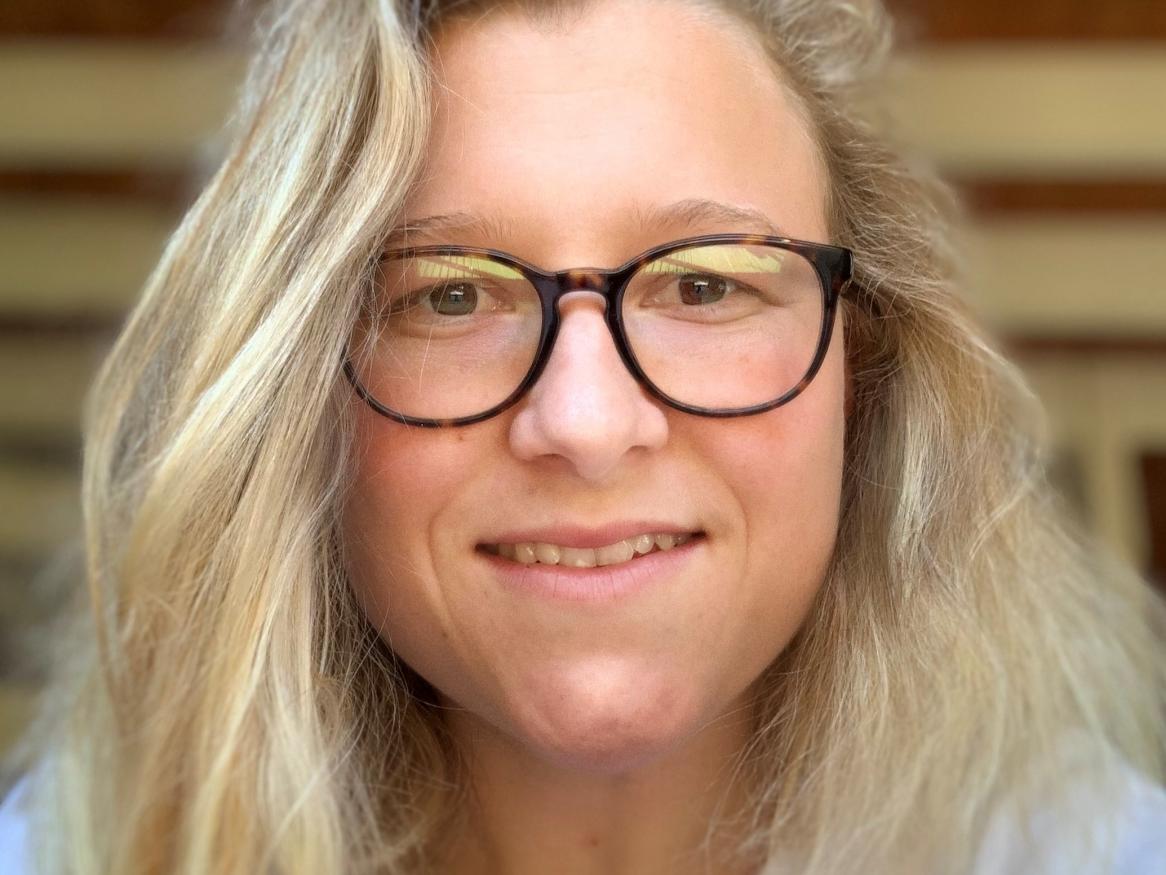Latest news
Search news stories
Enter a keyword to search news.
Announcing our 2025 RRI Travel Grant Recipients

We are excited to announce the recipients of the Institute’s 2025 Travel Grants.
[Read more about Announcing our 2025 RRI Travel Grant Recipients]
Embryo development holds key to healthy lifestyles

Researchers from the University of Adelaide have discovered that the earliest days of embryo development have a measurable impact on a person’s future health and ageing.
[Read more about Embryo development holds key to healthy lifestyles]
Science strikes in batt(l)ing endometriosis

Alison Barnes is a gifted athlete. Once a competitive swimmer and cricket player for South Australia, she was only 11 years when she got her first period. While this is a normal part of growing up for many, it marked the start of a lengthy health battle for Alison. One that would overshadow her teenage years and ultimately, change the trajectory of her life.
[Read more about Science strikes in batt(l)ing endometriosis]
Researcher granted fellowship for male fertility works

University of Adelaide academic Dr Nicole McPherson has been awarded an early-to-mid-career fellowship by The Hospital Research Foundation Group.
[Read more about Researcher granted fellowship for male fertility works]
2024 Future Making Fellows

Three of the University of Adelaide’s 2024 Future Making Fellows are being supported at the Robinson Research Institute to advance their research in pregnancy and child health.
Need for novel AI to be used in women’s health

Research has shown the potential for artificial intelligence (AI) to assist in the diagnosis of conditions, like endometriosis, but what happens if the modelling is incorrect?
[Read more about Need for novel AI to be used in women’s health]
Discovery sheds light on immune cells’ role in pregnancy complications

Researchers at the University of Adelaide’s Robinson Research Institute have uncovered a new critical role for the immune system in supporting healthy pregnancies.
[Read more about Discovery sheds light on immune cells’ role in pregnancy complications]
Gaps in pre-pregnancy health initiatives need filling

Adolescents and young adults are being missed when it comes to pre-pregnancy health initiatives that could have a long-term impact on maternal, perinatal, and child health outcomes, according to a review by researchers from the University of Adelaide’s Robinson Research Institute and School of Public Health.
[Read more about Gaps in pre-pregnancy health initiatives need filling]
Project to purify sperm for IVF success receives funding

The University of Adelaide’s Professor Sarah Robertson has received more than $820,000 to address a significant unmet health need which forms part of the IVF process.
[Read more about Project to purify sperm for IVF success receives funding]
AI shaping the future of breast cancer risk prediction

A new publication by a national collective of researchers has highlighted the potential for the use of artificial intelligence (AI) in identifying women with increased breast cancer risk.
[Read more about AI shaping the future of breast cancer risk prediction]
